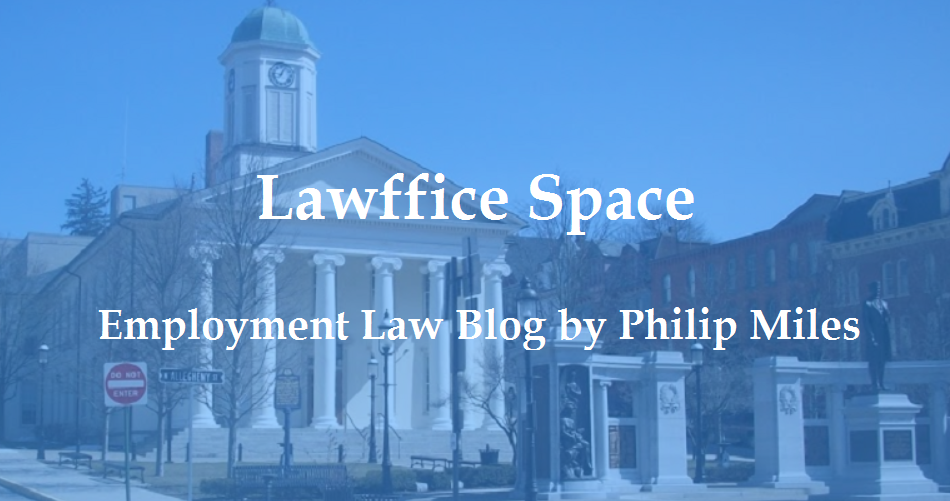The Background
The New Haven fire department administered a test in order to identify candidates for promotion to officer positions. The City made efforts to ensure the test was race neutral including hiring outside consultants. When the results came back, however, everyone who would have been promoted was white (and two Hispanics).
The Inherent Conflict
Deciding not to promote the pool of candidates because they are "too white" is discriminatory... but only promoting white people and no black candidates is also discriminatory. Either way, the City might violate Title VII.
Why? Title VII prohibits, among other things, racial discrimination that results in "disparate treatment"... it also prohibits "disparate impact." In other words, employers must treat individuals the same way regardless of race. At the same time, employers' policies must not impact races disproportionately.
To some extent, therefore, Title VII requires both equal treatment and equal results. Here, the employer got different results... but the only way to try to get more balanced results is to deny promotions to candidates based on race (aka "treat them differently").
A major technicality here is that the disparate impact is justified where the policy is "job related for the position in question and consistent with business necessity," and the employer has not rejected an alternative that would yield less disproportionate results.
The City's Decision
New Haven chose not to promote the white firefighters. The City hoped it could avoid liability based on its justification that it was avoiding "disparate impact" liability.
This sets up the major issue: Can an employer treat individuals differently because of their race, if the employer's goal is to avoid impacting entire classes of people differently? Can fear of a "disparate impact" claim justify "disparate treatment"?
The Extremes
The Court explicitly rejects two potential holdings, both of which were pretty extreme.
At one end: Attempting to avoid "disparate impact" is never a defense to treating individuals differently.
At the other end: Any time an employer thinks it will be liable for "disparate impact" it can go ahead and discriminate away.
The Middle Ground
For all of the yelling from opposite ends of the political spectrum, the Court actually took a rather middle-of-the-road approach. And remarkably, stated the holding in a rather plain English manner:
"We hold only that, under Title VII, before an employer can engage in intentional discrimination for the asserted purpose of avoiding or remedying an unintentional disparate impact, the employer must have a strong basis in evidence to believe it will be subject to disparate-impact liability if it fails to take the race-conscious, discriminatory action."In even plainer English: You can treat individuals differently, but only if there's really good evidence that you must do it to avoid "disparate impact."
Application
The Court held that there was no evidence, let alone the "substantial evidence" required by their new rule, that the City would face liability for "disparate impact" if it promoted the white firefighters. Although the stats clearly showed a disparate impact, the Court held that the City should have analyzed the "business necessity" justification (and the less-discriminatory-alternative element). Summary judgment for the plaintiffs.
Conclusion
Jay Shepherd, author of Gruntled Employees, tweeted, "The bigger Ricci moral is: you can't discriminate in employment, even if avoiding discrimination is your rationale." I mostly agree but would add the exception: Unless you have "substantial evidence" that you will be liable for "disparate impact."

No comments:
Post a Comment